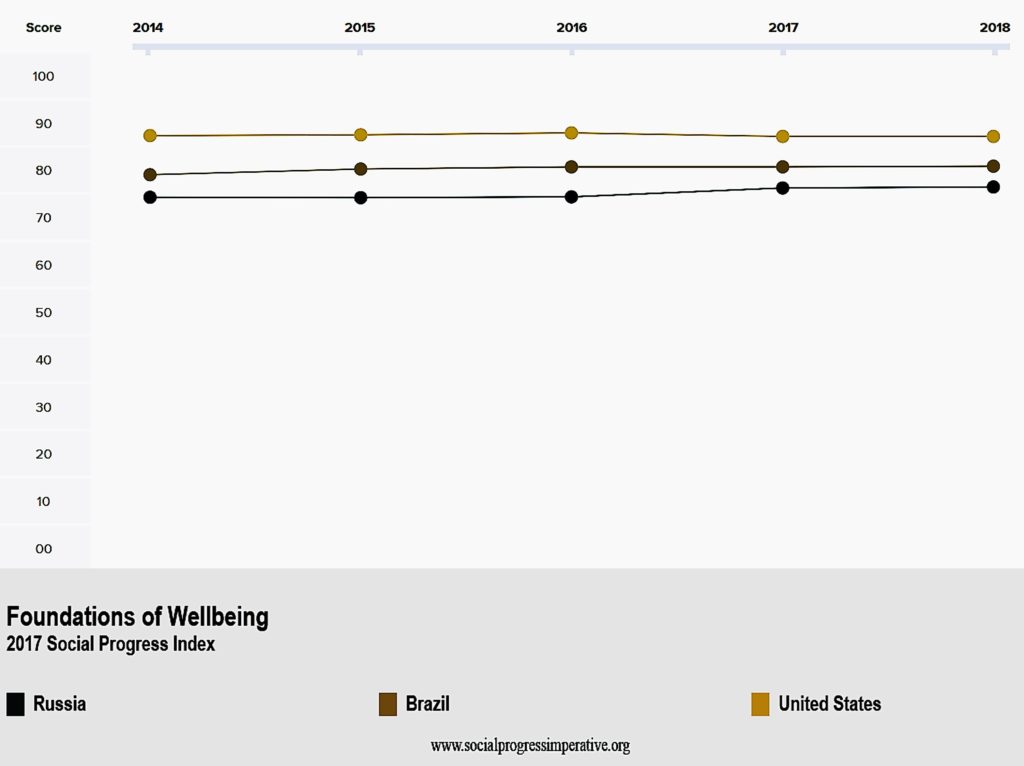When we talk about poverty, health, education or development in societies, we are alluding to realities, but on which basis do we address these concepts? Clearly, the presence of measurements is fundamental for the description of any social scenario and this is when we probably think of the Gross Domestic Product (GDP). Being a monetary measure of the value of a country’s goods and services, it allows policy-makers and banking institutions to judge whether the economy expands or retracts, whether it needs impulse or moderation or whether it manifests a potential risk. But, since it is based more on economic than social indicators, it does not take into account factors such as the environment, social justice, community satisfaction; reasons why it is necessary to investigate beyond merely economic data.
A Concept that Explains Our Realities
The advent of new challenges and realities has prompted the creation of a more comprehensive measurement concept that concretely reflects social welfare: Social Progress Index. This indicator covers three dimensions, applicable to each state in a particular way:
- Basic Human Needs such as food, water, and security;
- Foundations of well-being such as education, information, health, and sustainable environment;
- Opportunities for citizens to achieve their goals and ambitions.
Creators of the Index and What it Represents
The Social Progress Imperative (SPI), a nonprofit organization based in Washington DC that provides citizens and decision-makers with the best information regarding the social and environmental health of their societies and helps prioritize actions that contribute to social progress.
The organization has a network of partners covering 47 countries through which it is possible to create local indices of social progress for states, regions, cities and communities. It is interesting to emphasize the role of SPI as an Open Data provider, since its digital platform not only shares its own data, but also invites interested parties to share data or ideas.
According to SPI reports, our world average identifies which aspects of social progress are more or less advanced. The world as a whole scores 63.46 (out of 100) on the Social Progress Index. The breakdown of the average across the dimensions of social welfare tells us that there is a wide variation in the performance of countries. The world scores 72.47 in Basic human needs, 67.40 in the foundations of well-being dimension and 50.57 in opportunity.
While there is a clear correlation between the level of economic development and social progress, the relationship varies significantly. A country’s income group often does not correspond to its level of social progress, especially in low- and middle-income countries. What does this mean? It means that there may be underdeveloped countries, such as Brazil, with a GDP that is not very favorable but that shows signs of social progress. Compared to the United States and Russia, Brazil has the lowest GDP, but its level of social progress is higher than that of Russia.
This leads us to the conclusion that with good policies and efficient economic strategies, social progress can be greatly increased.
Evidently, the Social Progress Index is a significant tool that collaborates with the interests of political actors, private sector and fundamentally of the community as a whole. The Index applied in the development plan of the states, will allow not only a mere growth, but a growth based on the social progress.
